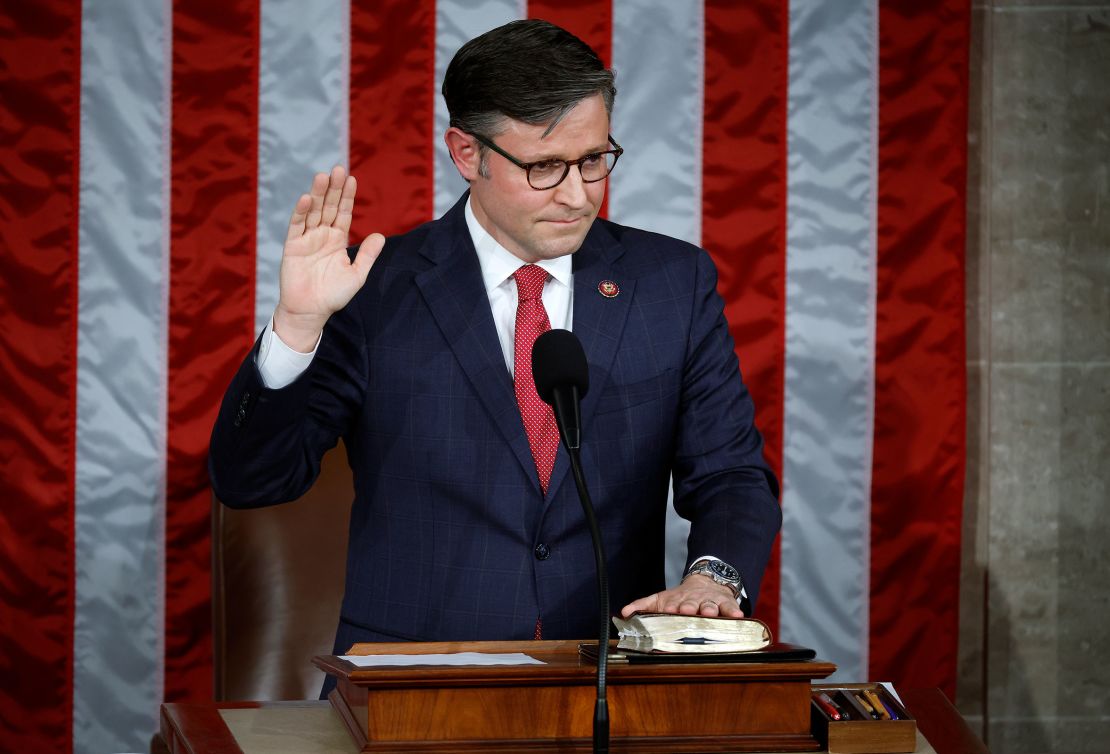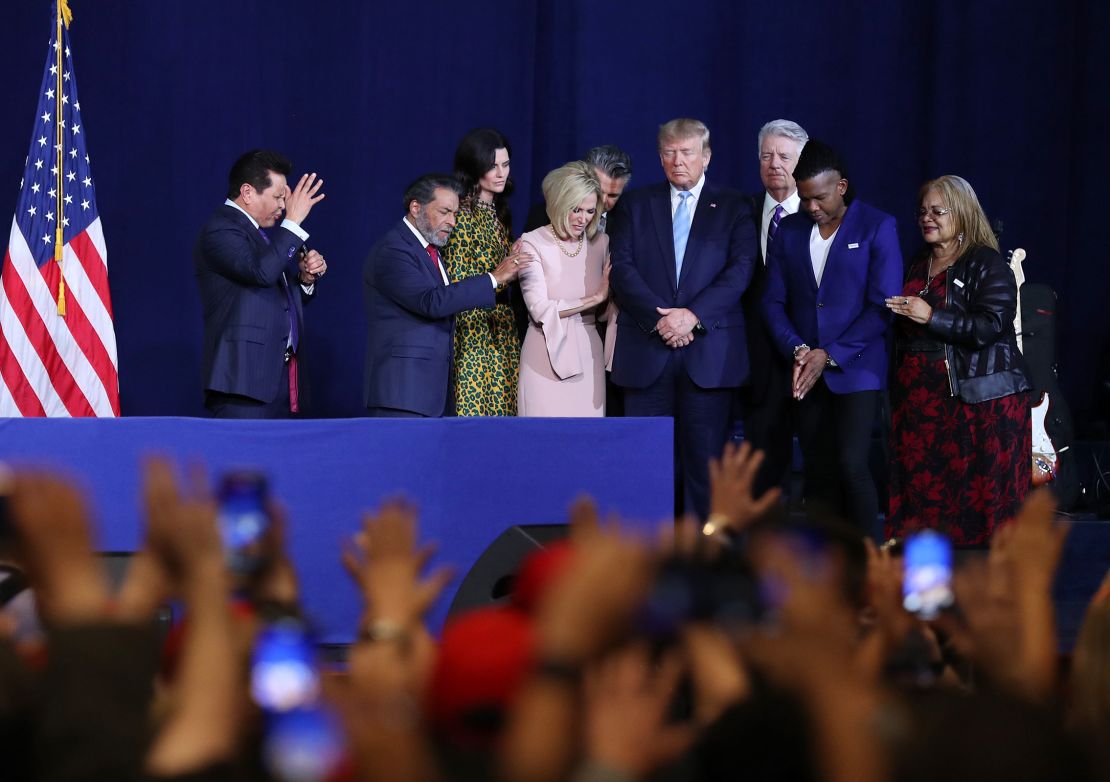"Life can only be understood backwards; but it must be lived forwards."
- Søren Kierkegaard, from his journals (circa 1843)
"He who fights with monsters should look to it that he himself does not become a monster. And if you gaze long into an abyss, the abyss also gazes into you."
- Nietzsche, Beyond Good and Evil, Aphorism 146
Here are two famous saying by two famous philosophers. One was Danish, the other German. Both were existentialists and wrote about existentialism. One focused on ethics and morality, the other self-overcoming and value-making. One wrote about subjective becoming and the other about existential rupture and re-creation.
REFLECTIVE / THOUGHTFUL LIVING
Above, Søren Kierkegaard's quote highlights the idea that while reflecting on past experiences and learning from them is valuable, one must also move forward with purpose. By this he suggests that by examining our past we may gain insight into the meaning and connections of our life experiences. We may perhaps see patterns, understand how our decisions led to certain outcomes, and learn valuable lessons.
Moreover, in so doing one must then move forward... reflecting on the past is important, but it is also crucial to live our lives actively and with purpose by embracing our unknown future while making choices which may shape our future trajectory.
Hence, Soren's observation implies a balance between understanding our past so as to inform our present that we may move forward with intention and a hopeful outlook. We can learn from past our mistakes, acknowledge our successes, and thereby use that knowledge to create a meaningful future.
These actions then can give to us purpose and destiny by encouraging a positive outlook and focusing on personal goals and ultimate destiny. By reflecting on the past and then refocusing on the future, we can base our actions on our aspirations and values.
In summary, the Danish existentialist and theologian was deeply concerned with an individual's inner life, faith, and the paradoxes of human existence. His famous quote comes from his reflections on time, selfhood, and meaning, and is widely regarded as one of his most profound insights.
- First, life is “Understood backwards…” - that is, understanding comes after the fact - as humans, we often fail to grasp the meaning of our experiences until we reflect on them. And yet, in retrospect, we can connect dots. Example: suffering might yield wisdom, missed opportunities might reveal values, and pivotal decisions may uncover purpose.
- Secondly, “…But lived forwards.” - meaning, we don’t get to know the future; we must act, decide, and live without knowing outcomes. This tension between reflection and action defines much of Kierkegaard’s existential thought — especially the idea of the leap of faith.
| Aspect | Looking Backward | Living Forward |
|---|---|---|
| Meaning | Interpretation, insight, understanding | Action, risk, decision-making |
| Emotional Tone | Reflective, contemplative | Courageous, hopeful, uncertain |
| Temporal Relation | Past-focused | Future-focused |
| Philosophical Link | Memory, narrative, identity | Will, freedom, responsibility |
TRANSFORMATIVE OVERCOMING
- Becoming what you fight: "When you engage in conflict with evil or monsters, you risk becoming similar to them in nature and behavior."
- Being consumed by the depths: "Exploring the darkness or the abyss can have a reciprocal effect, influencing your own perspective and potentially pulling you into its depths."
- The importance of self-awareness: "It highlights the need to be mindful of one's own moral compass when dealing with difficult situations."
- The dangers of obsession: Focusing solely on the negative aspects of reality can lead to a distorted worldview and even self-destruction.
- The potential for empathy and understanding: Gazing into the abyss can offer insights into the nature of evil and the human condition.
- The importance of maintaining one's identity: When confronting darkness, it's crucial to remember your own values and principles.
- Monumental history – looking to the past for great moments to inspire.
- Antiquarian history – preserving the past lovingly.
- Critical history – judging and rejecting the past.
Focus: Faith, individuality, and the inward journey of becoming before God
| Aspect | Description |
|---|---|
| 🧭 Core Concern | The individual's subjective relationship to truth, especially in relation to God and faith |
| 🙇 Primary Struggle | How to live authentically in a world of despair, anxiety, and paradox |
| ✝️ View of Religion | Deeply Christian — saw faith as a passionate, paradoxical “leap” beyond reason |
| 💔 Key Themes | Despair, anxiety, dread, becoming a true self, authenticity before God |
| 🧩 Truth | Subjective truth is central: “Truth is subjectivity” |
| 🔄 Philosophical Method | Used pseudonyms and indirect communication to explore different life views (aesthetic, ethical, religious) |
| 🌱 Goal | Transformation of the individual soul through repentance, passion, and faith |
“The self is a relation that relates itself to itself… in relating itself to itself, it relates itself to another — that is, to God.”
🔸 Friedrich Nietzsche (1844–1900)
Focus: Power, values, and the overcoming of nihilism in a post-Christian world
| Aspect | Description |
|---|---|
| 🔥 Core Concern | What happens when God is dead — the collapse of religious and moral absolutes |
| 🛠️ Primary Struggle | Creating new values in the face of nihilism and cultural decay |
| 🚫 View of Religion | Fiercely critical of Christianity, seeing it as life-denying and rooted in weakness |
| 💣 Key Themes | Will to power, eternal recurrence, overman (Übermensch), ressentiment, revaluation of values |
| 📉 Truth | Denied absolute truth; saw “truth” as historically and culturally conditioned |
| 🧪 Philosophical Method | Aphoristic, poetic, polemical — sought to shock, awaken, provoke |
| 🧗 Goal | The overcoming of man — the birth of a noble, life-affirming individual who can create meaning |
“Become who you are.”
“He who has a why to live can bear almost any how.”
KEY DIFFERENCES SUMMARIZED
Existential Problem Despair before God Nihilism after the “death of God”
Central Goal Authentic faith & selfhood Creative self-overcoming & value-making
Audience Concern The “single individual” Culture, society, and the modern psyche
 |
| Process-based Contrast & Synthesis between Kierkegaard & Nietzsche |
✦ Kierkegaard's Legacy:
-
Invites the depth of self-awareness, the necessity of subjective truth, and the acknowledgment of despair as part of the human condition.
-
Faith becomes the rhythm of interior becoming, an opening to Divine persuasion and existential grounding.
✦ Nietzsche's Legacy:
-
Invites the courage of transformation, the necessity of disrupting decaying systems, and the will to shape meaning from the abyss.
-
Power becomes the rhythm of forward motion, an energizing force of self-transcendence and creative novelty.
🌀 In Process Terms:
-
Kierkegaard embodies the prehensive inwardness of process: each moment gathers up memory, faith, dread.
-
Nietzsche embodies the creative advance: each moment disrupts, challenges, and moves toward self-overcoming.
🕊️ Synthetic Frame (Process View):
“The true self must reflect deeply enough to encounter the abyss and still create forward with faith and courage.”
Stage Process-Integrated View
2. Rejection Nietzsche: Refusing imposed truths and collapsing values
3. Crisis The abyss opens: nihilism, dread, ungrounding
4. Decision Kierkegaard leaps to faith; Nietzsche leaps to creation
5. Becoming Process: Becoming is both relational (K) and creative (N)
6. Harmony Faith and Power united as co-creative lures toward greater wholeness
🌿 A Poetic Fusion:
The self stands trembling on the cliff’s edge -
One eye cast inward, one flung sunward.
The dark calls for surrender, the light cries for creation.
But only in the twining dance of both
Do heart and soul become.
A LAST OBSERVATION


.png)











